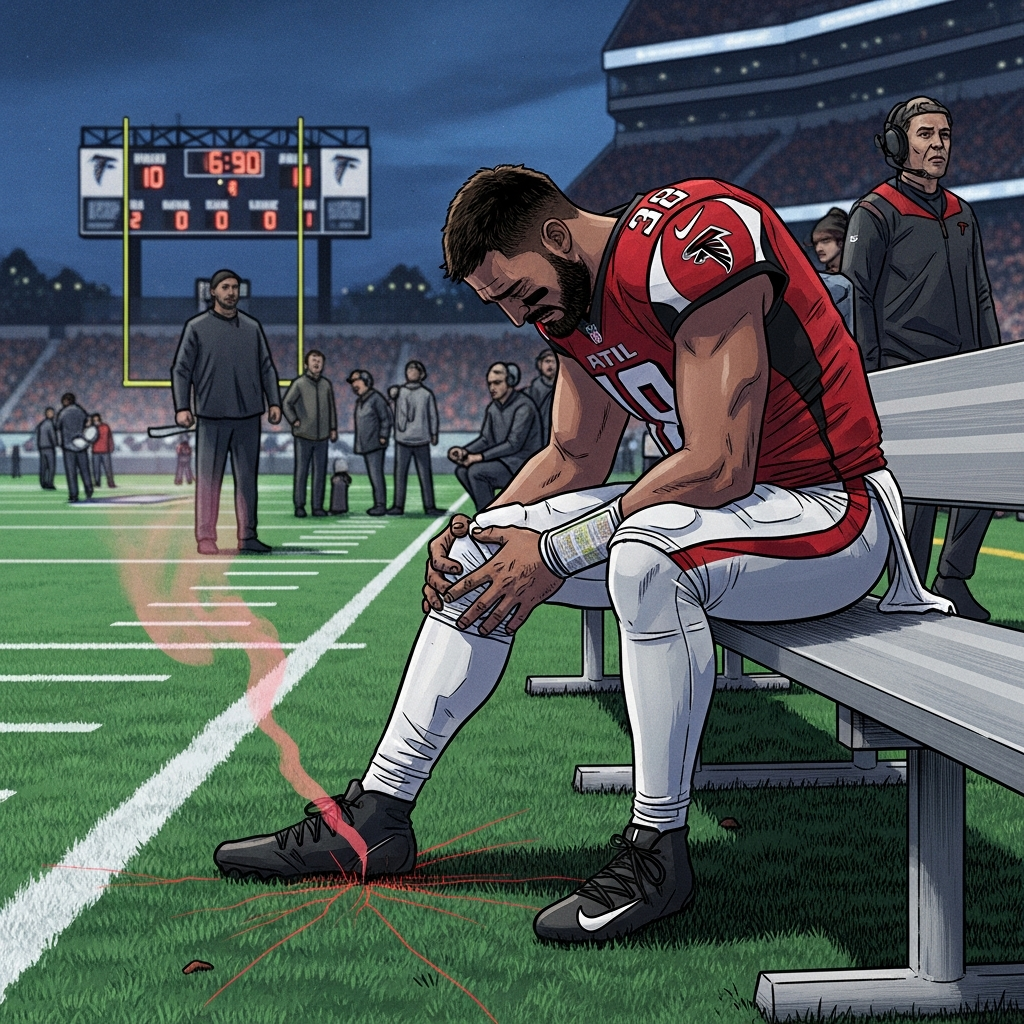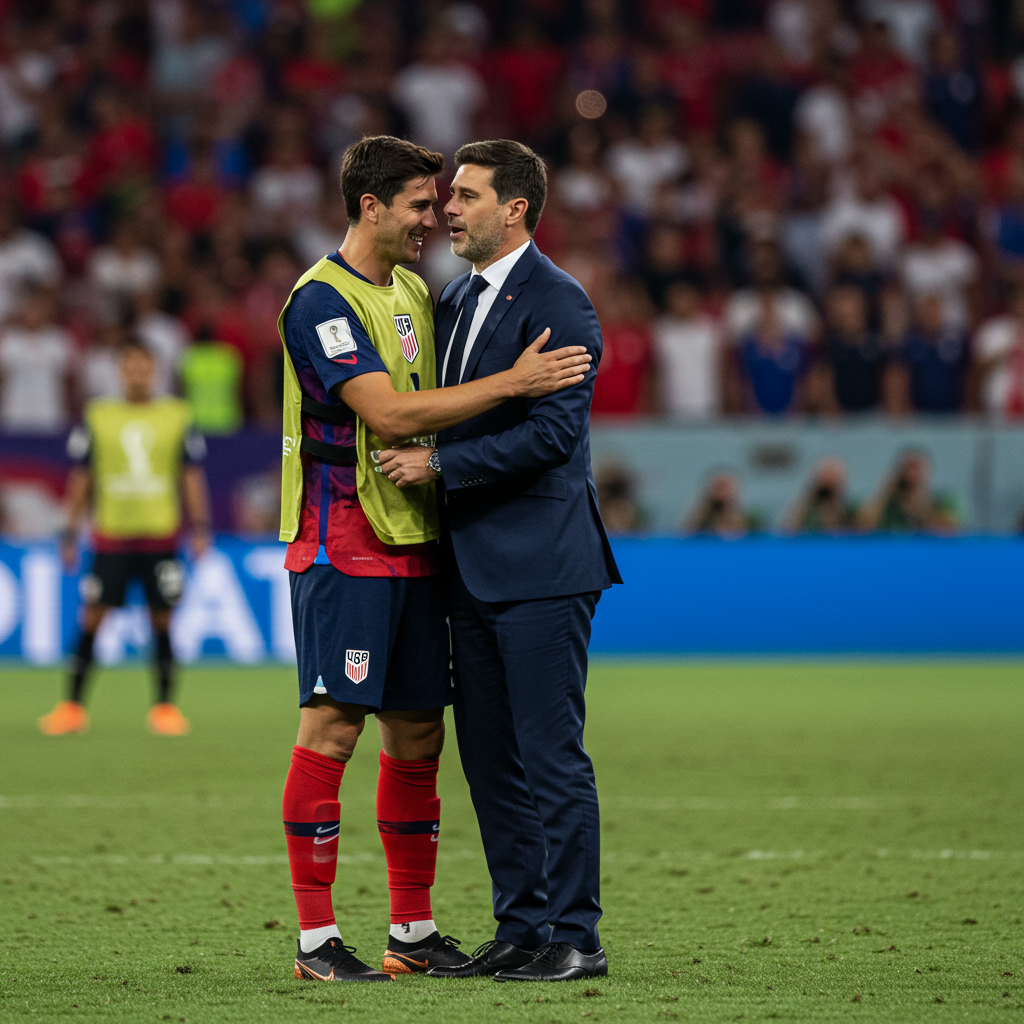Reports indicate former boxing champion julio César Chávez Jr. was recently taken into custody by U.S. immigration and Customs Enforcement (ICE) agents in California. The arrest follows serious allegations linking the 39-year-old Mexican national to the Sinaloa Cartel and accusing him of illegal presence in the United States. Authorities from the Department of Homeland Security (DHS) have publicly labeled Chávez Jr. an “egregious public safety threat” and a “criminal illegal alien,” stating that he is now being processed for expedited removal proceedings. This development comes just days after the boxer’s high-profile match against influencer-turned-fighter Jake Paul in Anaheim. The case underscores ongoing complexities surrounding immigration enforcement, public safety concerns, and the legal status of high-profile foreign nationals.
ICE Apprehends Chávez Jr. in California
U.S. immigration officers arrested Julio César Chávez Jr. on Wednesday, July 3, 2025, in Studio City, Los Angeles. The detention was confirmed by the Department of Homeland Security the following day. According to DHS officials, the former WBC middleweight world champion was apprehended based on several factors, including alleged affiliations with organized crime and violations of U.S. immigration law. This marks a significant legal challenge for the son of legendary boxing icon Julio César Chávez Sr.
Basis for the Arrest: Cartel Links and Legal Status
Authorities assert that the primary reasons for Chávez Jr.’s arrest stem from deep-rooted connections to organized crime and his immigration status. DHS specifically stated their belief that Chávez Jr. is an affiliate of the Sinaloa Cartel, an organization the U.S. government has designated as a foreign terrorist group.
Adding to the severity of the allegations, officials report that Chávez Jr. is the subject of an active arrest warrant issued by Mexican authorities. This warrant, reportedly issued in March or January of 2023, relates to his alleged involvement in organized crime activities. The specific charges cited in the Mexican warrant include the trafficking of firearms, ammunition, and explosives, as well as participating in the clandestine manufacturing and import of weapons without proper authorization.
DHS also clarified that Chávez Jr. was determined to be in the United States unlawfully at the time of his arrest. While he initially entered the U.S. legally on a six-month tourist visa in August 2023, that visa expired in February 2024 (or potentially 2025 according to some reports). He later applied for lawful permanent resident status in April 2024, basing the application on his marriage to a U.S. citizen. However, DHS claims this application contained “multiple fraudulent statements,” rendering him ineligible and removable from the country. DHS officials stated that he was determined to be illegally present as of June 27, 2025, the same day his fight against Jake Paul reportedly took place.
A Timeline of Immigration Flags and Legal Troubles
The timeline leading up to Chávez Jr.’s recent arrest reveals potential missed opportunities by immigration authorities, according to internal documents referenced in reports. Despite being flagged internally as an “egregious public safety threat” by U.S. Citizenship and Immigration Services (USCIS) to ICE in December 2024 (likely referring to 2023), his removal was not prioritized by the previous administration, according to a DHS statement.
Furthermore, reports indicate that in January 2025 (likely 2024), Chávez Jr. was even allowed to re-enter the United States at the San Ysidro port of entry under a discretionary parole process. This occurred despite earlier warnings and his alleged cartel affiliations. Assistant Secretary Tricia McLaughlin of DHS issued a strong statement criticizing the failure to prioritize his removal, particularly given the “Sinaloa Cartel affiliate” designation and the active Mexican warrant for weapons trafficking charges.
Previous Encounters with the Law
Chávez Jr.’s history includes prior legal issues within the United States, contributing to his designation as a public safety concern. His U.S. criminal record dates back over a decade. In 2012, he was arrested and subsequently convicted in California for driving under the influence of alcohol or drugs and driving without a license, resulting in jail time and probation.
More recently, in January 2024, he was arrested by the Los Angeles Police Department. These charges involved illegal possession of an assault weapon and the manufacture or import of a short-barreled rifle, specifically two AR-style firearms found without serial numbers. He was convicted on these counts and spent several days in jail. He was released on a $50,000 bond under the condition that he enter a residential treatment program, suggesting ongoing struggles, potentially including substance abuse issues that have marked his boxing career.
His wife, through whom he sought permanent residency, has also reportedly drawn scrutiny. Some sources noted a previous relationship she had with a now-deceased son of Joaquín “El Chapo” Guzmán, although she has not faced any related criminal charges herself.
The Context: High-Profile Fight and Political Statements
Chávez Jr.’s arrest occurred shortly after a heavily publicized cruiserweight boxing match. On June 28, 2025, he faced Jake Paul at the Honda Center in Anaheim, California, losing the fight by unanimous decision. The event was reportedly a major success for the promoter, generating a record gate revenue for the venue. The timing of the arrest, just days after this high-profile event, has drawn particular attention.
Assistant Secretary McLaughlin’s statement accompanying the news of the arrest also included a political message. She asserted that “Under President Trump, no one is above the law—including world-famous athletes.” She directed a pointed warning towards individuals affiliated with cartels residing in the U.S., declaring, “Our message to any cartel affiliates in the U.S. is clear: We will find you and you will face consequences. The days of unchecked cartel violence are over.” This framing positions the arrest within the context of broader immigration enforcement priorities.
Reactions from Attorney and Family
In response to the allegations and arrest, Chávez Jr.’s attorney, Michael Goldstein, reportedly described the claims as “outrageous and simply another headline to terrorize the community.” Goldstein also noted they were scheduled to appear in court the following Monday regarding the 2024 gun possession charges.
The Chávez family released a statement via his father’s Instagram page. They conveyed being “deeply troubled by the current situation.” The statement reiterated their “full and unconditional support for Julio,” expressing trust in his innocence and hope that the justice systems in both Mexico and the United States would clarify the situation fairly according to the law and truth.
What Happens Next? Deportation and Extradition
With ICE initiating expedited removal proceedings, Chávez Jr. is currently in their custody and is being processed. This process aims to quickly deport individuals deemed inadmissible or removable from the United States.
Additionally, Mexico’s Attorney General’s Office has confirmed the existence of the March 2023 arrest warrant. They have stated that U.S. authorities have begun the process for his potential extradition to Mexico to face the organized crime and arms trafficking charges there. The path forward for Chávez Jr. will likely involve navigating both the U.S. immigration court system and potential extradition proceedings to Mexico, presenting complex legal challenges.
Frequently Asked Questions
What are the main allegations against Julio César Chávez Jr. leading to his ICE arrest?
Authorities allege Julio César Chávez Jr.’s arrest is based on multiple factors. These include alleged affiliation with the Sinaloa Cartel, which the U.S. has designated a foreign terrorist group. He also faces an active arrest warrant in Mexico related to organized crime, specifically involving the alleged trafficking and manufacturing of firearms, ammunition, and explosives. Furthermore, U.S. officials claim he was in the country illegally, having overstayed his tourist visa and made fraudulent statements on a subsequent application for permanent residency.
How did Chávez Jr.’s immigration status and history contribute to his detention?
Julio César Chávez Jr. initially entered the U.S. legally on a tourist visa, which later expired, resulting in him being unlawfully present. His application for permanent residency through marriage reportedly triggered internal alarms due to alleged fraudulent statements. Although flagged internally as a significant public safety threat months before his arrest, reports indicate his removal wasn’t prioritized. He was even allowed to re-enter the U.S. via discretionary parole shortly before authorities determined he was illegally present and removable, ultimately leading to his recent detention by ICE.
What legal processes might Julio César Chávez Jr. face following his ICE arrest?
Following his arrest by ICE, Julio César Chávez Jr. is currently undergoing processing for expedited removal from the United States. This is a streamlined process for deporting certain non-citizens. Simultaneously, due to the active warrant for his arrest in Mexico on organized crime and weapons charges, Mexico’s Attorney General’s Office has confirmed that U.S. authorities have begun the process for his potential extradition. Chávez Jr. will likely face legal battles challenging both his deportation from the U.S. and the request for his transfer to Mexican custody.
Conclusion
The arrest of former world champion Julio César Chávez Jr. by ICE on allegations of cartel ties and immigration violations is a significant development impacting both the sports world and discussions around U.S. immigration policy. While his attorney and family maintain his innocence and express support, U.S. and Mexican authorities have presented serious accusations, including active warrants for organized crime activities. The case highlights the complexities of immigration enforcement, especially when involving individuals with criminal histories and alleged links to transnational organizations. As Chávez Jr. navigates potential deportation and extradition proceedings, the legal process will determine the outcome of these grave allegations.



